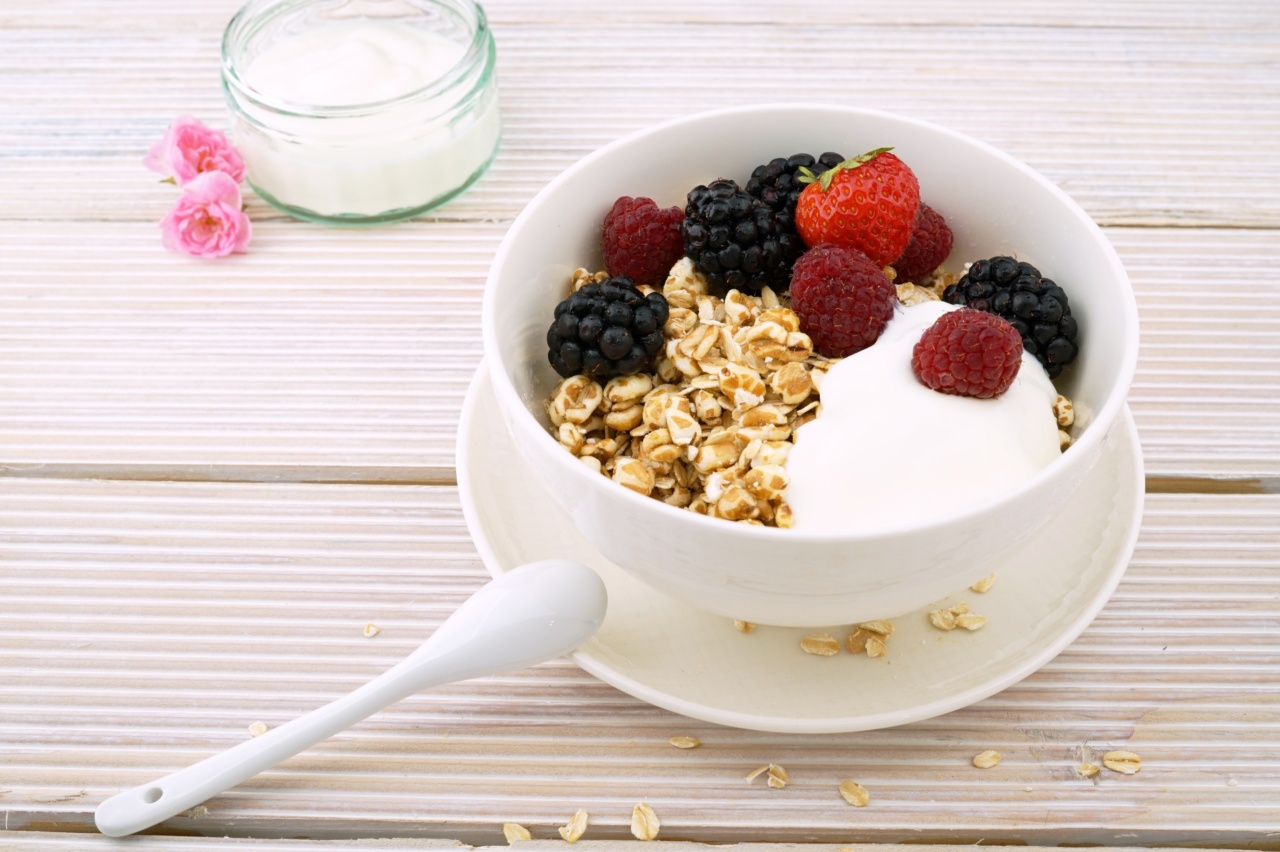Milk is often regarded as a staple in many households, as it is a rich source of essential nutrients. Among the different types of milk available, full milk is often a preferred choice due to its numerous health benefits.
This article explores the advantages of consuming full milk as a part of your diet.
1. Excellent Source of Calcium
Calcium is an essential mineral that plays a crucial role in maintaining strong and healthy bones. Full milk is an excellent source of calcium, making it a valuable addition to your diet.
Regular consumption of full milk helps improve bone density and reduce the risk of conditions like osteoporosis.
2. Promotes Muscle Growth and Repair
Protein is vital for muscle growth and repair. Full milk contains both whey and casein proteins, which are high-quality sources of protein. These proteins are easily digestible and aid in muscle recovery after exercise.
Incorporating full milk into your diet can be especially beneficial for athletes and individuals looking to build muscle mass.
3. Provides Essential Vitamins
Full milk is packed with essential vitamins that contribute to overall health and well-being. It is particularly rich in vitamins D, A, and B12.
Vitamin D plays a crucial role in calcium absorption, while vitamin A is essential for good vision and a healthy immune system. Vitamin B12 is necessary for proper nerve function and the production of red blood cells.
4. Supports Weight Management
Contrary to popular belief, consuming full milk can actually support weight management. The presence of healthy fats in full milk helps promote satiety and keeps you feeling fuller for longer.
This can reduce the tendency to overeat and aid in maintaining a healthy weight.
5. Boosts Brain Function
The nutrients present in full milk, such as omega-3 fatty acids and B vitamins, are essential for optimal brain function. Regular consumption of full milk promotes cognitive function, memory retention, and concentration.
It also aids in reducing the risk of mental decline and neurodegenerative diseases, particularly in older adults.
6. Maintains Heart Health
Full milk contains essential nutrients that contribute to heart health. The presence of potassium, calcium, and magnesium in full milk helps regulate blood pressure and reduce the risk of cardiovascular diseases.
Additionally, the healthy fats in full milk, such as monounsaturated and polyunsaturated fats, promote a healthy balance of cholesterol levels.
7. Enhances Skin Health
The presence of vitamins A and E in full milk makes it beneficial for maintaining healthy skin. These vitamins help nourish the skin, reduce inflammation, and promote a youthful appearance.
Full milk can be consumed or applied topically to enjoy its skin-enhancing benefits.
8. Boosts Immune Function
A strong immune system is essential for overall health. Full milk contains various nutrients, including vitamins A and D, that play a crucial role in enhancing immune function.
Regular consumption of full milk can help strengthen the immune system and reduce the risk of infections and illnesses.
9. Supports Digestive Health
The presence of probiotics in full milk promotes a healthy gut microbiome. Probiotics are beneficial bacteria that aid in digestion and promote a healthy balance of gut flora.
Including full milk in your diet can help maintain regular bowel movements, improve digestion, and reduce the risk of digestive disorders.
10. Provides Energy and Hydration
Full milk serves as an excellent source of energy due to its carbohydrate and protein content.
Consuming full milk can provide a quick and sustained energy boost, making it suitable for individuals engaged in physical activities or looking to refuel between meals. Additionally, milk is known for its hydrating properties, making it an ideal beverage to quench thirst.































